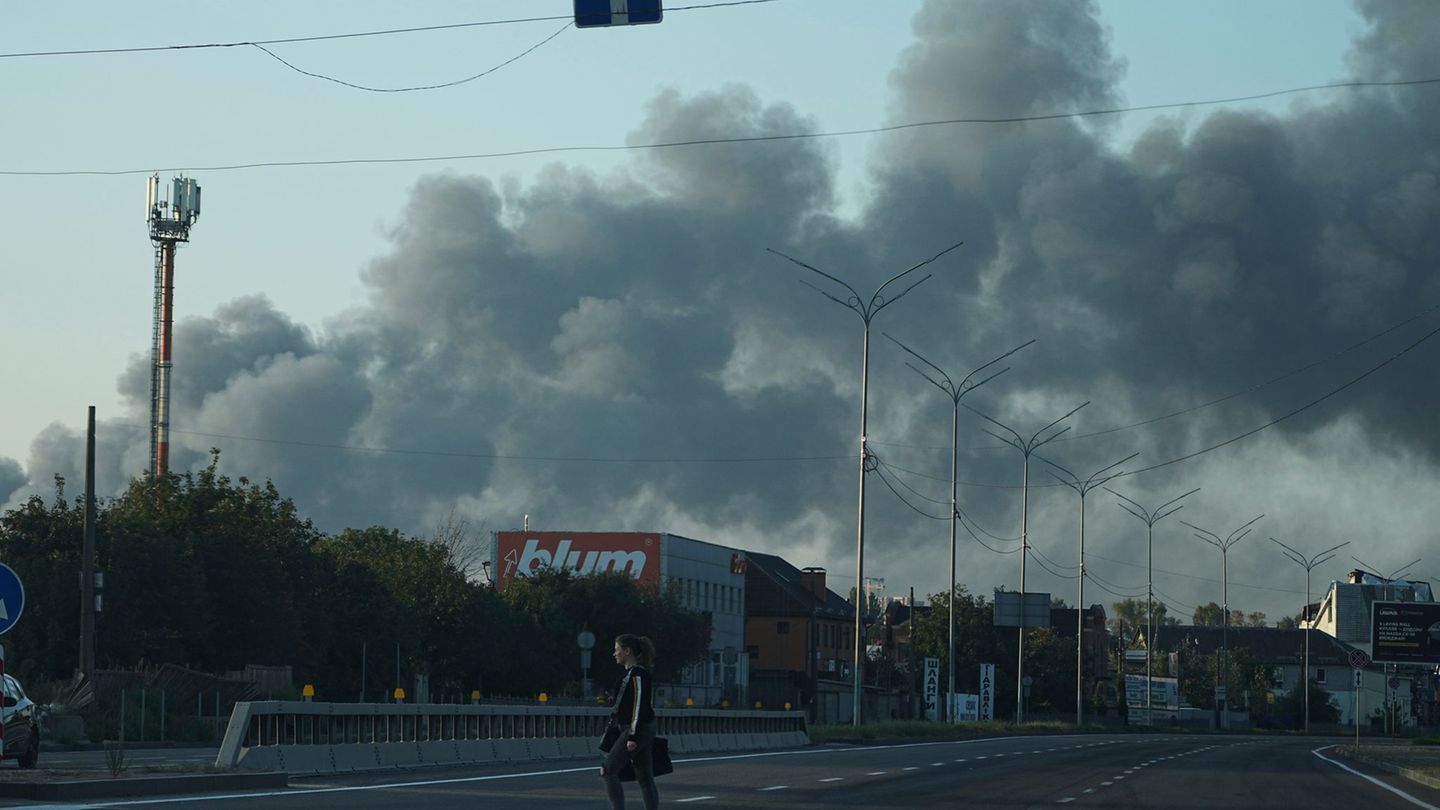Not only in this country, but also in Germany, everyone is eagerly awaiting Sunday evening. The polling stations close at 6 p.m. and the first projection for the federal election should be made a little later. Then it will show whether the survey institutes were right. In any case, the latest survey by the Forsa Institute for RTL / ntv suggests that there could be a very close race for the election victory.
As in the past few days, the Social Democrats and their candidate for Chancellor Olaf Scholz were predicted to have a head start. The SPD should therefore receive 25 percent. With 22 percent not far behind (the fluctuation range of the survey is given as +/- 2.5 percent for the major parties) follow the Union parties from the CDU and CSU with Chancellor candidate Armin Laschet.
Coalitions: no specifications
At 17 percent, Bündnis 90 / Die Grünen with Chancellor candidate Annalena Baerbock in third place is predicted. The FDP is likely to tip the scales with twelve percent. The Alternative für Deutschland (AfD) can also count on ten percent and Die Linke with six percent when they enter the Bundestag. The proportion of non-voters and undecided was still very high at 26 percent.
What happens after the election? As of Monday, the parties will explore the options for a government. How exactly this will work is still uncertain. Because there is no script and no legal requirements for forming a coalition in Germany.
In this way, several parties could invite people to hold talks in parallel – because it is by no means required that the strongest party should provide the chancellor. There are also no time limits, after all, the previous government is in office until a new one is formed.
If some parties can successfully conclude their explorations, the way is clear for coalition negotiations. There is a trend here towards longer and more thorough deliberations in order to make later governance less conflict-prone.
Hacker attacks: EU warns Moscow
The EU accuses Russia of targeted cyber attacks and threatens with consequences. The malicious activities were directed against numerous MPs, government officials, politicians and representatives of the press and civil society in the EU, according to a statement published on Friday by the 27 member states. The attackers would access computer systems and personal accounts and steal data.
Russia rejects allegations
Because of the campaign under the name of “ghostwriter”, the German attorney general began investigations about two weeks ago. These were initiated on suspicion of secret service agent activity, it was said at the time. Russia’s Foreign Ministry rejected the allegations at the time. “Our partners in Germany have not provided any evidence that the Russian Federation was involved in these attacks,” said Ministry spokeswoman Maria Sakharova in Moscow.
According to the German Ministry of the Interior, a hacker attack on a server of the Federal Statistical Office in Wiesbaden in the past few days does not pose a threat to the general election. A spokesman confirmed on Friday that there had been an attack on a single server, which was technically and spatially separated from other servers.




